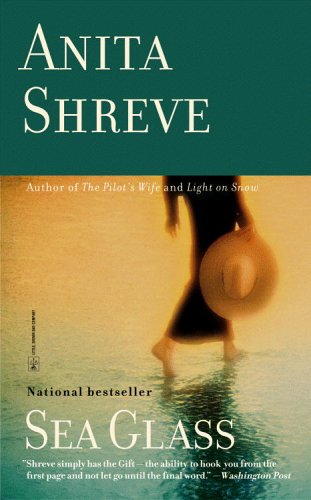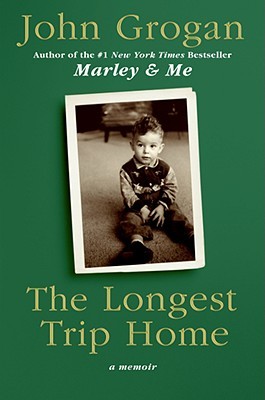 Have you ever collected sea glass? Beautiful little
pieces of color with the edges dulled from the waves and movement of the
water? Well, that's the title of this book and I'm sure it's supposed
to have more meaning than just being the pretty bits that Honora picks
up on the beach. But guessing at that meaning is a task; as the author
could have just liked the hobby or maybe she was trying to say something
more about how people are shaped by the situations around them and
their environment. Whatever it may be, it's a nice theme.
Have you ever collected sea glass? Beautiful little
pieces of color with the edges dulled from the waves and movement of the
water? Well, that's the title of this book and I'm sure it's supposed
to have more meaning than just being the pretty bits that Honora picks
up on the beach. But guessing at that meaning is a task; as the author
could have just liked the hobby or maybe she was trying to say something
more about how people are shaped by the situations around them and
their environment. Whatever it may be, it's a nice theme.Honora has recently married a typewriter salesman (Sexton) and they've settled into life in a house on the beach. They are just the caretakers, and have set to work restoring the place, but then the opportunity comes to buy it and they decide to. Shortly thereafter, the stock market crashes and their world comes falling apart as well. When he loses his job as a salesman, Sexton takes a job at the local textile mill and becomes swept up in a plot for a strike, and he drags Honora in with him.
Honora is probably the best character in this book, which is a good thing since she is the main one. I liked her hobby of collecting sea glass, but that was about the only way I connected with her. She was a strong character, but something with her didn't resonate with me. Maybe it's because she allowed her stronger willed husband to control her (with only little spats of independence). Her husband I didn't like at all. He was untruthful, oily, and there wasn't anything written about him that would make me like him any better. I think he was supposed to be the bad guy of sorts. Honora's friends Vivian was also pretty interesting and I think the women are the more developed characters in this book. A few of the others, like the boy Alphonse and a couple of the strike leaders could have been very interesting characters, but I don't think they were developed enough.
I actually found the plot a little dull. It started out reading like a romance because of the marriage but then got into the intrigue of the strike and the Great Depression and everything that was happening so it was almost as if the book was confused to what it should be. Had it just been a romance I couldn't have really faulted it for being slow moving, but since it was supposed to be more than that, I don't think it should have drug on the way that it did. I guess I just expect less from romances and expected more from this book since it is a solid work of historical fiction. The writing is beautiful though. Shreve has a way with words and you can definitely see the detail, especially when she is talking about the sea glass and Honora's love for it.
I liked the writing but didn't enjoy the story. If you're already a fan of Shreve's work and style you may appreciate the book more than I did. But for me, this was just an average read.
Sea Glass
Copyright 2002
376 pages









